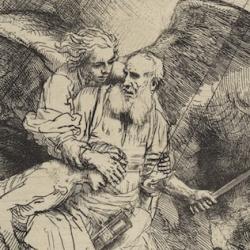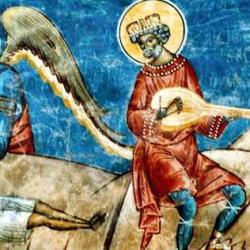In his study of Ritual and Cult at Ugarit, Dennis Pardee discusses the similarities and differences between Ugaritic and Israelite cult. One of the “most striking set of similarities,” he says, “is provided by those terms that are either etymologically related to corresponding Hebrew terms.”
The two languages use similar terms for “peace offerings” and “ascension offerings.” Beside, there is a “along with the general identity of the sacrificial victims (bovids, ovid/caprids, birds).” Neither indicates that children were sacrificed; the Hebrew Bible prohibits dogs and pigs from the altar, and the Ugaritic texts refer to no dogs or pigs being sacrificed; wild animals were not sacrificed in either place; both required the sacrificers to be in a state of purity, and the standards of purity are similar.
Architectural vocabulary is similar, both uses the word “house” to describe the temple and both using a form of qdsh, “holy” to refer to sanctified areas. Both appear to be relatively free from Mesopotamian influence: “Just as the Ugaritic ritual texts show virtually no influence from the Akkadian language and relatively little from Mesopotamian religion (the adoption of various Mesopotamian deities into the West Semitic pantheon is the clearest evidence of such influence), most Mesopotamian influences on Israelite cultic practice appear to be late, in fact to reflect Neo-Assyrian hegemony in the region.”
One of the areas of difference, though, has to do with the stress that the Hebrew Bible places on purification rites. In Israel, the sacrificial system was for cleansing, “atonement,” and purification or removal of sin. Such terms are “largely missing from the Ugaritic record.” Only the hattat root occurs in extant Ugaritic texts, which at least indicates that the “concept of ridding from sin was not alien to the cult.” Yet, whether because of differences in intention or “genre,” or because of differences of ideology, the Ugaritic texts say little about purification from sin.















